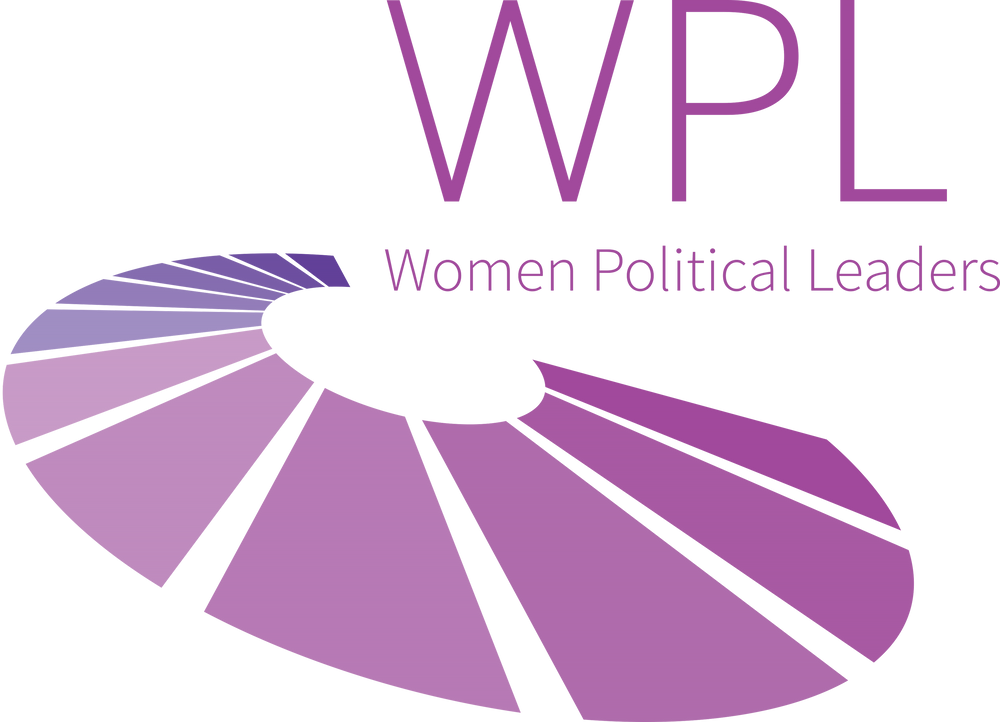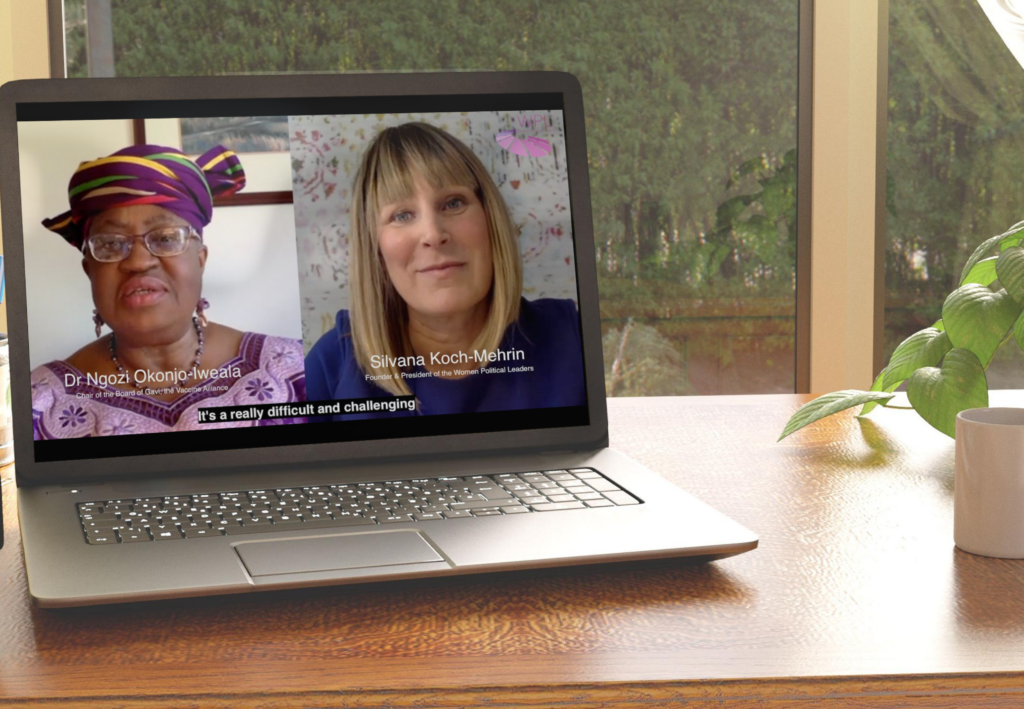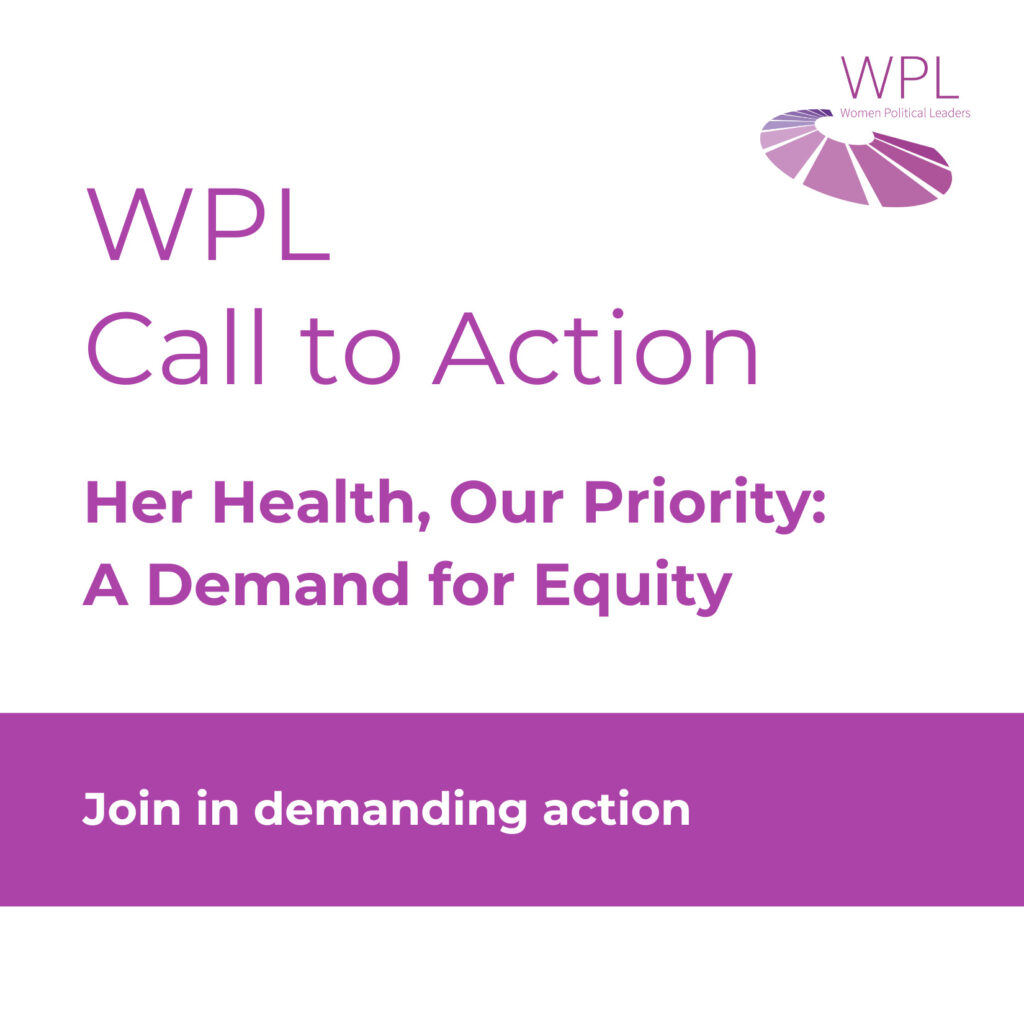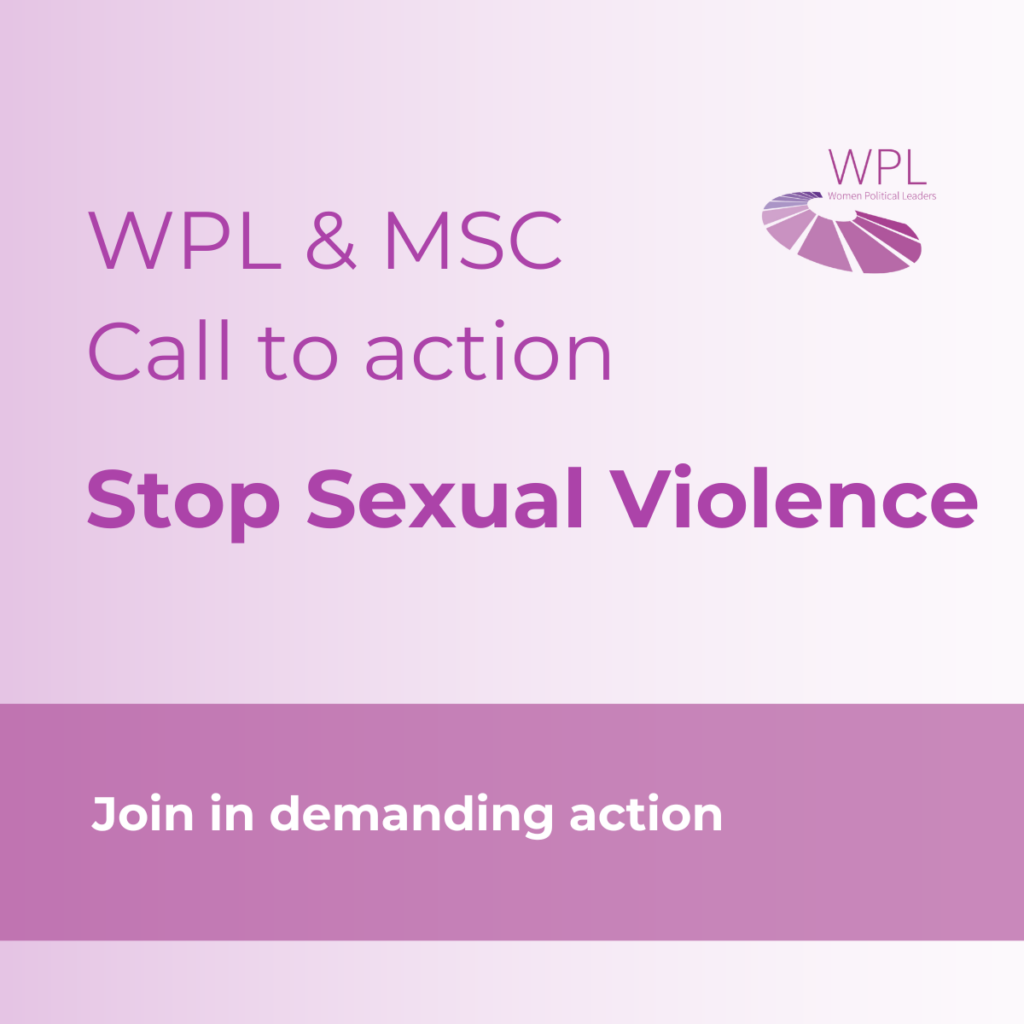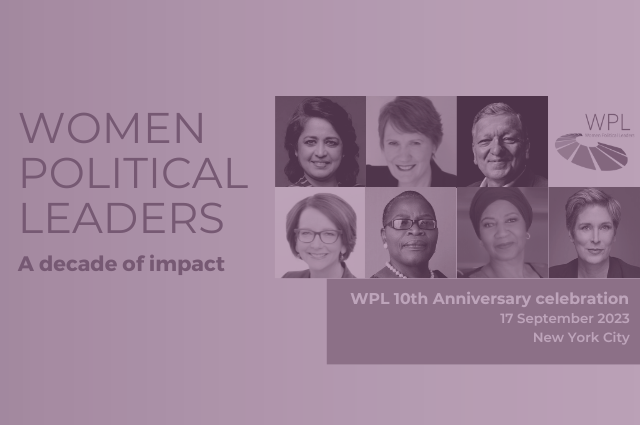“This is the moment for anyone who thinks vaccines are the problem, and not the solution, to change their mind.” The words of Dr. Ngozi Okonjo-Iweala, Chair of the Gavi, the Vaccine Alliance and Special Envoy of the AU to Mobilise International Economic Support for the Continental Fight Against COVID-19, reflect a critical juncture in international dialogue and action surrounding vaccination: either the global community learns from the COVID-19 pandemic or it risks repeating serious mistakes.
In her conversation with Silvana Koch-Mehrin, WPL Founder and President on the eve of World Immunisation Week 2020, Dr. Okonjo-Iweala highlighted the importance of vaccines in leveling global inequality, eradicating poverty and ensuring that every person, regardless of economic circumstance, has the right to a healthy life. She also raised an essential point about sustainability, citing the need for durable, long-term solutions.
Currently, 115 teams of experts around the world are racing to produce the vaccine, but what about the underlying causes of inequity and careless leadership that prevent global access and dissemination?
In line with the first point, Ms. Koch-Mehrin inquired how Gavi is able to distribute vaccines equitably and what challenges it faces in doing so.
“The role of Gavi is really crucial. Gavi is the largest organisation that deploys and delivers vaccines to countries in the developing world,” Dr. Okonjo-Iweala revealed. Yet, while Gavi has succeeded in supplying 60% of vaccines to the developing world’s children there are underlying socio-economic factors at play that influence global access and that Gavi cannot confront alone.
“It is not right that in this world where we have the technology to save lives, people should be allowed to die just because there is no affordability, there is not enough volume (of vaccines).”
Both affordability and production volume stand in the way of an equitable global distribution of vaccines and will be decisive factors in who is able to easily access the first COVID-19 vaccines.
This brought the conversation to the second point, about current leadership responses. Ms. Koch-Mehring cited several examples of women political leaders, including Angela Merkel, Katrin Jakobsdottir, and Jacinda Ardern, who have shown courageous leadership during this crisis by connecting effectively with their citizens. These women political leaders are responding in a different way than traditional male leadership, which begged the question:
“What would leadership during a pandemic look like if there were more women?”
At present, 93% of Prime Ministers and Presidents are men. Yet, the crisis responses given by women seem to be the ones offering hope, clarity and a decisive plan to move forward.
Dr. Okonjo-Iweala also drew attention to the excellent leadership of Ellen Johnson Sirleaf as President of Liberia during the Ebola epidemic.
“There is a quality of empathy, of recognition, of speed and urgency, which (these) women have deployed.”
Of course, examples of exceptional male leadership are also available, but the courageous efforts of women leaders during times of crisis need to be increased, elevated, and recognised.
To wrap up the enlightening conversation, Ms. Koch-Mehrin broached the subject of social media and its role in disrupting old structures of communication. She also alluded to the substantive impacts that equal access to technology could have on educational inequality for girls.
“This crisis has transformed the way we communicate, radically,” Dr. Okonjo-Iweala, who is also a Member of the Board of Twitter, acknowledged. And in order to conscientiously address inequality, she emphasised the inclusion of poorer countries in receiving and using new technologies for work and education.
While the global community continues to wrestle with the challenges of the current crisis, it must consider what solutions are short-term and what solutions are sustainable. Increasing the number and influence of women political leaders around the world is bound to positively impact crisis response as is the consideration of how to equitably distribute vaccines and eliminate vaccine hesitancy.
In the words of Winston Churchill, “never waste a good crisis.” WPL will make sure that this singular opportunity does not go to waste.
Dr. Ngozi Okonjo-Iweala is an economist and international development professional who served twice as Nigeria’s Finance Minister, from 2003-2006 and 2011-2015, and as Foreign Minister in 2006, being the first woman to hold both positions. She spent a 25-year career at the World Bank to become Managing Director, Operations (2007-2011). Since 2016, Dr. Okonjo-Iweala has been Chair of the Board of Gavi, the Global Alliance for Vaccines and Immunisation.
Additionally, she currently serves as Chair of the Board of the African Union’s African Risk Capacity (ARC), as well as Senior Adviser at Lazard, the world’s leading financial advisory and asset management firm. Dr. Okonjo-Iweala is also a member of numerous boards and advisory groups, including Standard Chartered PLC and Twitter Inc., and chair positions at a range of global institutions, including charitable foundations, non-governmental organisations and intergovernmental organisations such as the Rockefeller Foundation, Harvard University, the International Monetary Fund, the African Union, Mercy Corps, Women’s World Banking and the World Economic Forum Young Global Leaders Foundation, among others.
Dr. Okonjo-Iweala graduated magna cum laude in Economics from Harvard University and earned a Ph.D. in Regional Economics and Development from the Massachusetts Institute of Technology. She is the author of numerous articles and several books, including Reforming the UnReformable: Lessons from Nigeria (MIT Press, 2012).
Thanks to her incredible career path, Dr. Okonjo-Iweala has been listed as one of the 50 Greatest World Leaders (Fortune, 2015), the Top 100 Most Influential People in the World (TIME, 2014), the Top 100 Most Powerful Women in the World (Forbes, 2011, 2012, 2013 and 2014), the Top 3 Most Powerful Women in Africa (Forbes, 2012), the Top 10 Most Influential Women in Africa (Forbes, 2011), among many other recognitions.
